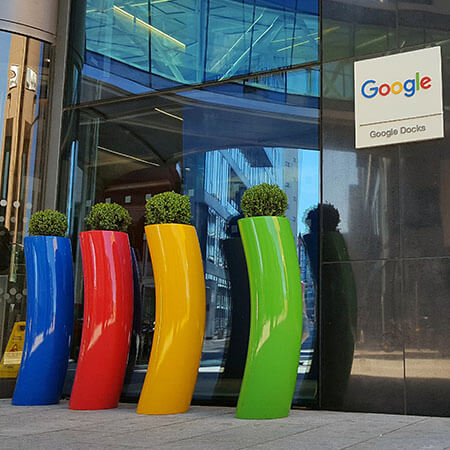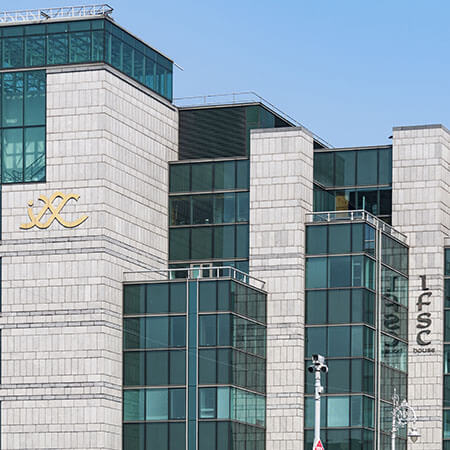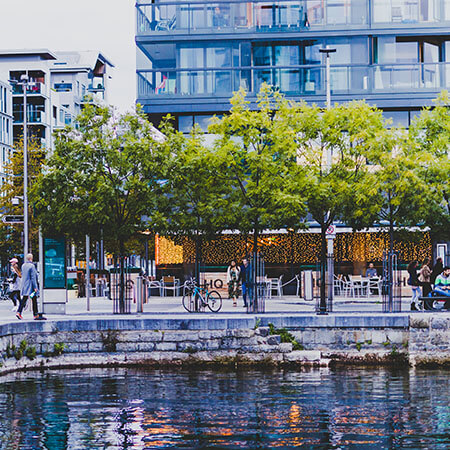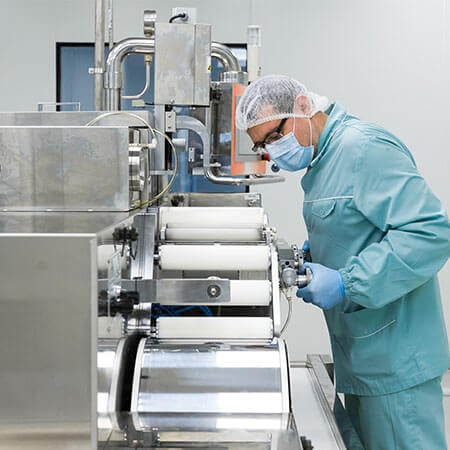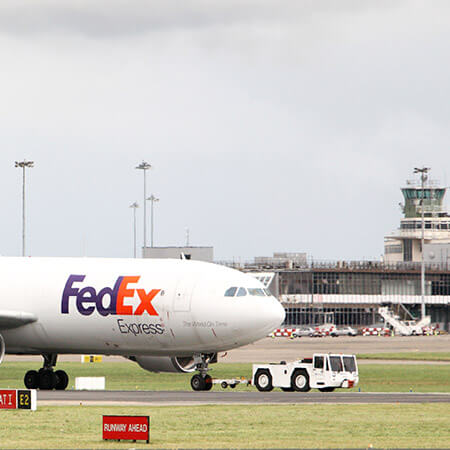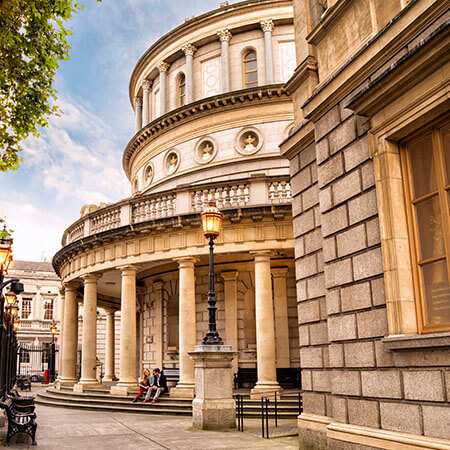Dublin’s economy is diverse and globally connected, making it a perfect location for companies at every stage of growth, from startups to established multinationals. Its highly supportive, business-friendly environment is designed to help enterprises scale with confidence.
While Dublin welcomes businesses across all industries, several sectors consistently attract the highest levels of foreign direct investment (FDI). These include:
Companies operating in these priority sectors benefit from tailored supports, including access to a skilled talent pool, specialised service providers, collaborative networks, and purpose-built infrastructure.
Startups continually succeed and grow with an ecosystem of accelerators, mentors, and R&D centres, while multinationals can use the efficient supply chains, global connectivity, and Dublin’s reputation as a trusted European base.
How does the future look for these key industries?
Economic expansion in Ireland remains strong, driven in large part by sustained investment from international companies, and Dublin sits at the heart of this continued growth. The city was recently ranked first for Economic Potential in fDi Intelligence’s Major European Cities of the Future 2025, rising from second place the year prior. It also ranked third for Business Friendliness, seventh for FDI Strategy, and second overall.
These rankings continue to affirm Dublin’s standing as one of the most attractive and forward-looking investment destinations in Europe.
If your business operates in one of Dublin’s six key sectors, explore the resources below to discover the advantages and success stories tied to your industry

